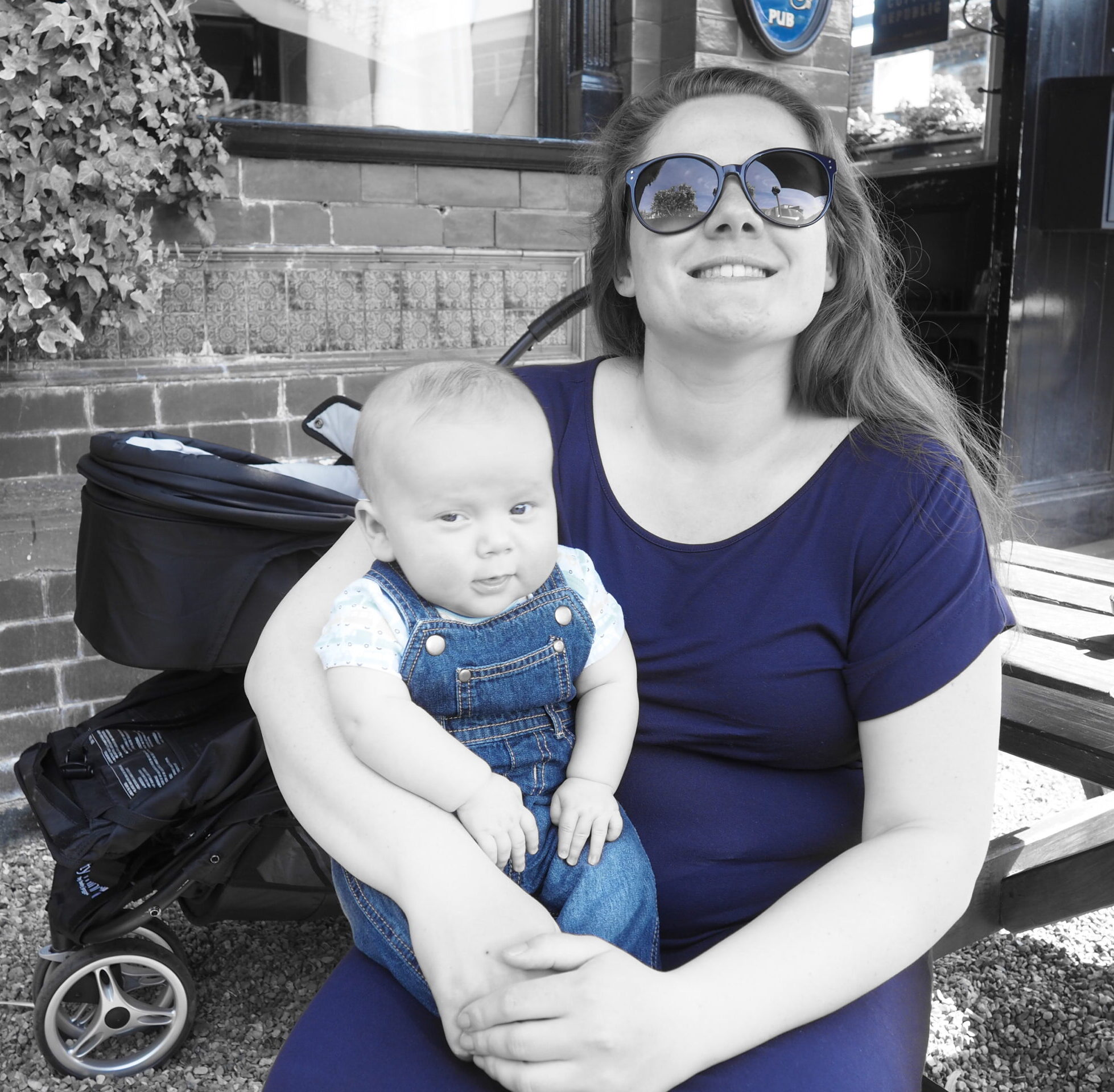Bonjour lecteurs! Your body changes so much after giving birth. Postpartum recovery brings many physical and emotional shifts along the way. Hormones fluctuate, and cycles go all over the place. It can feel overwhelming. Many find this période confusing and isolating. Understanding Your First Period After Pregnancy is not always that easy. In this article, we will examine what’s normal and not. But we will also look at why your recovery timeline might be différent from others.
Early Weeks After Childbirth
The first few weeks after giving birth often bring some of the most noticeable physical changes. Postpartum bleeding (called lochia) is nothing like your usual period. Basically, your body is shedding tissue and blood after birth. You can expect it to be longer with an heaver flow than expected.

It might feel weird, so it’s all about comfort and feeling supported. You might want to look into work-friendly maternity pants to feel at ease.
The early postpartum period also includes many symptoms:
- Postpartum bleeding that gradually lessens
- Mild or moderate uterine cramps
- Shifts in bowel or bladder function
- Breast discomfort or fullness as milk comes in
- The uterus is slowly returning to pre-pregnancy size
Many new mums also experience light leaks or changes in bladder control after giving birth, so opting for MoliCare’s washable incontinence pants for women can offer extra comfort and protection during this recovery phase. There are many ranges available for both pee and period. So they make a great substitute to disposable period protection methods.
Changes usually settle within a few weeks. But listen to your body and if you have any doubt, consult your doctor. Tracking symptoms can help identify what might need medical attention.
The Return of Menstrual Cycles
It can take some time for menstrual cycles to get back to normal. You body has to recover and both hormones and breastfeeding can influence the whole process.
Unless you breastfeed, your periods should come back around 6 to 8 weeks after birth. But if you nurse your bébé, it can take up to 6 months or longer, especially if feeds are frequent.
Don’t worry if you cycles are irréguliers. It’s pretty commun as your hormones and menstrual rhythm slowly stabilise.
The first few cycles after birth can be heavier, more irregular, and sometimes more painful. You might experience cramps because of the hormonal shifts and uterine contractions. Occasional clots are normal, but report any large clots to your midwife. During this transition, it can help to choose gentle, body‑safe period care. Many mums love a comfortable, reusable menstrual disc for flexible wear and reliable protection while things settle.
Managing Discomfort Postpartum
Postpartum periods can feel different for many new mums. Some might even feel more uncomfortable. First, try medications like ibuprofen.
It’s usually safe to use, even for those breastfeeding. Ibuprofen is often preferred as only small amounts pass into breast milk and rarely affect the baby. If you have any ongoing conditions, check with your pharmacist first.
You can also use heat therapy. The good old hot water bottle can work wonders. Or sometimes, a warm bath with some essential oils will do the trick. I used this a lot back in the day and it was quite a relief.
Some would say that light exercise like walking, stretching or yoga can also ease the pain. Indeed, it improves circulation and boost endorphins. Avoid high impact exercise. You might not even feel like it.
Remember to drink a lot of water and natural remedies like a chamomile or peppermint tea might also help. I recommend you also do pelvic floor exercises like Kegels to strengthen muscles. It will help with discomfort.
When To Seek Medical Advice
If you notice any of the following, get it checked out straightaway:
- Ongoing or worsening pain
- Heavy bleeding (soaking one or more pads per hour)
- Large clots
- Unpleasant-smelling discharge
- Fever or flu-like symptoms
These could indicate a more serious issue that needs immediate medical care. If anything feels unusual or intensifies, consult your healthcare provider for guidance.
Emotional Support
Coping emotionally after giving birth is also a big one. Postpartum depression is quite common. Don’t deal with it alone if you feel that way.

Mental health matters just as much as physical recovery after childbirth. You will face overwhelming emotions. but if it goes beyond baby blues, seek for help and support.
Treatment options for PPD often include psychotherapy, antidepressants, or both. You might even be prescribed medications like brexanolone and zuranolone.
Self-Care is Important
Either way, self-care is très important.
Just starting with les basiques will make a huge différence: eat well, get as much sleep as possible and find time to relax or do things for yourself too. It doesn’t have to be huge, find anything to keep you calm. Par exemple, going for daily walks really helped me back in the days.
I love getting some daily fresh air. Plus I truly rediscovered my neighbourhood.
Journey Worth Embracing
Becoming a mother brings many changes with it, both emotionally and physically. It can takes some time to adjust to it.
You will experience menstrual cycles very differently, but it is part of the body’s natural adjustments. The few points above will help you move through this phase with more confidence and compassion.
From irregular periods to emotional ups and downs, every woman’s recovery after birth is unique. The most important is to be gentle and patient with yourself. It will take time to get back to something that feels a bit more normal. But understanding your first period after pregnancy now will help you navigate all those changes easily.
Collaboration